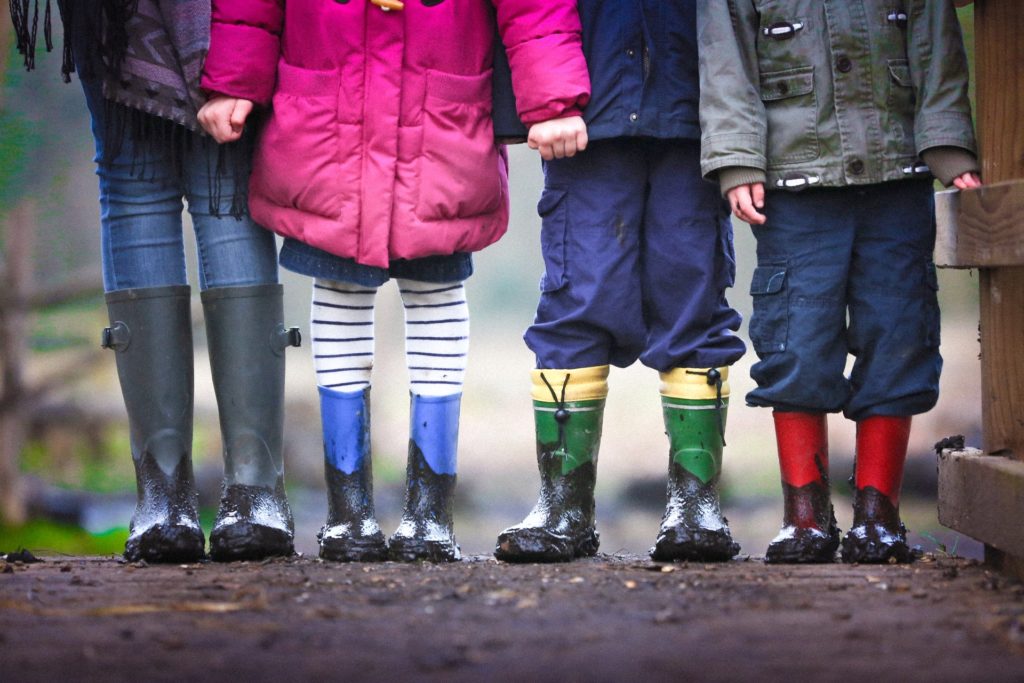While all children go through normal developmental changes, some fluctuations in mood or behavior indicate more serious issues. If your child is exhibiting big changes in behavior, a decrease in normal interests, poor academic performance, outbursts that aren’t typical, or something else you’re concerned about, it’s important to pay attention.
Asking questions, having open conversations, and reaching out for help are great steps in advocating for your child. If you’re wondering if you should get professional help for your child, read on.
1. Changes in Behavior or Interests

One of the top signs that your child might be in pain or trouble is an extreme and sudden behavior change. Whether you suspect problems like bullying at school, substance abuse, or mental illness, the first thing to do is to have a conversation. Many parents worry that because their child is exhibiting odd behaviors, their child is already too far gone for help. The truth is that parents are not alone, and enlisting the help of professionals can be exactly what you need to help your child get back on track. Whether a teen residential treatment center or weekly meetings with the school counselor are in order, there’s always hope that you’ll be able to help your child resolve their problems fast.
Changes in your child’s interests could be an issue too. If your child recently loved playing sports but suddenly has no interest in going to practice, you’ll want to ask them what’s going on. While it could be something as simple as an off day or bad week, it could also mean there’s a bigger issue at play, too.
When you ask your child what’s wrong, be honest with yourself regarding how open they’ll be with you. If your relationship is normally close, you might still have issues getting them to open up, and that’s okay too. In telling your child you’re there to listen and offering them resources like professional help, you’re making a great first step toward helping them feel less alone whether they thank you or not.
2. Suicidal Ideation

Another time to get your child help is if they’re experiencing suicidal thoughts. If your child mentions things like being better off dead or admits to a plan or thoughts of suicide, take action immediately. Young people will often confide in a parent, family member, or friend when things get bad, and you’ll want to be listening. Never tell a child their feelings or wrong or that they will pass. Instead, take their suicidal ideation seriously. Whether it’s calling a suicide line, their pediatrician, or taking them to the emergency room, this is a situation where you need to act. Don’t let leave your child alone until they’re in professional care.
When your child is suicidal or experiencing ideation, it’s scary. Remember to put your own self-care as a priority too. Whether it’s finding ways to relax with magnetic blocks or getting your own therapist, you must focus on your mental wellness too.
3. Changes in Academic Performance

Young adults often have better years than others when it comes to academics. But if your child had a severe decline in academic performance, you’ll want to make a call to the school. Ask your adolescent’s teacher if they’ve had changes in behaviors and work with them to see where you can help. Calling in professionals to help your child with behavior issues, school problems, or even life skills is the next step in avert problems. Slipping grades can be a key indicator that something’s wrong and strong communication between you, a treatment team, and the schools will go a long way in helping your student get back on track.
4. Social Withdrawal

If your child was social and suddenly seems withdrawn, something may be wrong. While puberty and some of the normal life stages can cause bumps along the way, a supportive environment under the supervision of professionals will go a long way toward setting things back on the right path. Struggles with self-esteem and social isolation could be perfectly okay for some kids, but others indicate signs of bigger problems. It’s always important to get your child checked. Don’t wait, as consequences could be serious.
In the end, all children go through struggles and challenges. But there’s a difference between normal growing pains and real emotional strife that could add up to mental illness or serious consequences. Whether you suspect your child is depressed, using drugs, or being hurt at school or elsewhere, never hesitate to call in the professionals. You are your child’s best advocate, and picking up the phone could make a difference you’ll later thank yourself for.



